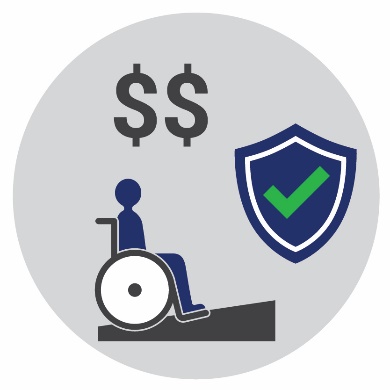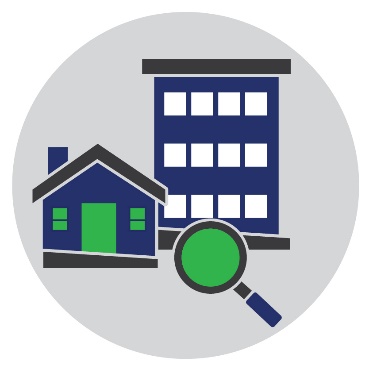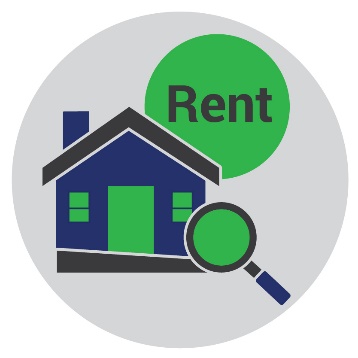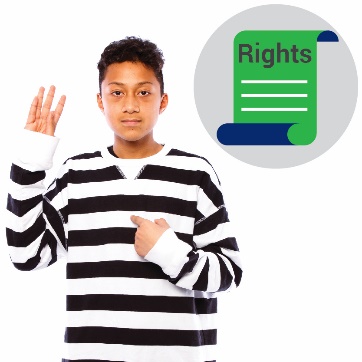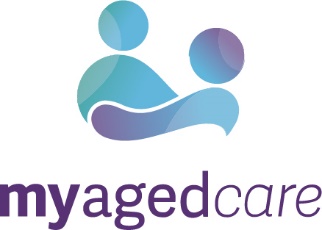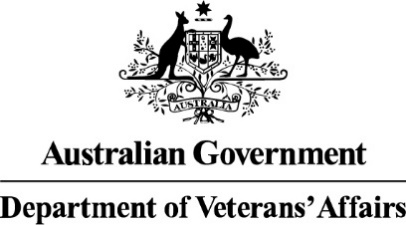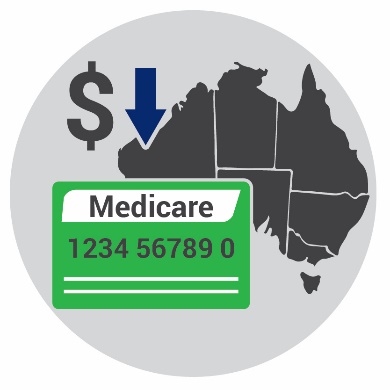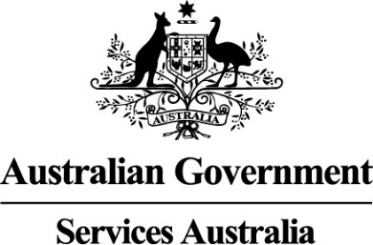
Housing
Finding housing to suit you is important to your wellbeing. Australia has different types of housing that could meet your needs, and each state and territory offers housing advice and assistance. Explore options to find your home.
Hi, I'm Philomena, and today I'll be talking about the area of life that relates to housing.
There's no place like home, and it's important that it suits your needs.
Australia has different types of housing to meet the needs of people with disability, and everyone has the right to housing that is affordable, safe and accessible.
When we talk about rights, we mean that everybody should be treated fairly.
And when we talk about accessible, this means everybody should be able to use it.
Useful things, like a place, a building, transport, a service, information or a website, should all be accessible to you.
There are many types of housing available to suit your needs, lifestyle and budget.
The type of housing you need could be emergency housing if you don't have anywhere to live right now.
It can also be supported accommodation that's designed for people with disability who need support.
Another type is independent accommodation so that you can live on your own.
You can find out more on the Types of housing page.
If you want to rent your own home, there are supports that can help you do this, like websites that have lists of available housing to rent and organisations that can help you to find housing.
If you need more info, you can find it on the Rental assistance page.
Your rights are important when it comes to housing, and everyone needs to be treated fairly.
It's important to know what your rights are.
You can find information about your rights as well as advocacy services
if you need someone to speak up for you.
Find more about your rights on the Your housing rights page.
If you'd like to know more about how we can assist in housing, please contact the Disability Gateway on 1800 643 787.
This section provides links to services and information on:
Types of housing
Your choices for independent and supported housing
Rental assistance
Finding a home with the features you need
Your housing rights
What housing rights you have and how to deal with discrimination


